Frederica Freyberg:
Wisconsin Department of Justice attorneys argued in defense of the voter ID law. Attorney General J.B. Van Hollen says he intends to appeal the decision, striking it down. Following the ruling I asked his reaction.
J.B. Van Hollen:
I can't say that I'm surprised. I think we expected a ruling based upon indicators that we have received in the past. But I’m quite surprised at how broad his ruling was. It’s really unprecedented to go that broad. It’s unprecedented to almost completely conflict with what the United States Supreme Court has already held, and to basically perspectively say that if the state passes any photo ID law in any form going forward, come to me and I will strike it down. To prejudge a case like that, especially when it’s in conflict with what the United States Supreme Court has held, I think is pretty extreme.
Frederica Freyberg:
How do you respond to Judge Adelman saying that the state’s interests are not served by imposing voter ID because there is virtually no voter impersonation in Wisconsin?
J.B. Van Hollen:
I think there are two ways to respond to it, both I think, equally important. First of all, it’s not his prerogative in our democratic system of government to make that determination. The United States Supreme Court has already held, very clearly, that if a legislature and a governor, like they have in Wisconsin, found that they want to do something to protect against voter fraud with photo ID law, they don't have to prove that it exists to do so. They can do so based upon an idea, perhaps, that they want to put more confidence in the voters' minds that their vote will count. Because they may not vote because there's perceived voter fraud. So first of all, his statement is out of line and in conflict with the United States Supreme Court on that grounds. But the other thing we’ve been arguing all along is, Wisconsin’s voter laws are so loose right now that you can look up and see somebody has been registered to vote in a large municipal area where people aren't going to know who they are, that they've just deceased. And anyone can go in and vote and pretend they're them. And it will be almost impossible to determine that they've done that, and to prove who did it, and to prosecute them. So our loose voter laws right now make it almost impossible to detect that sort of identity-based voter fraud. So it's really hard to prove that it exists.
Frederica Freyberg:
What about his argument on these points that the voter ID law actually undermines confidence in the electoral process in Wisconsin because of the rhetoric around it about voter fraud, which he says cannot in any way be substantiated?
J.B. Van Hollen:
Interestingly enough, that statement by him, which isn’t his prerogative again, almost discounts the value of people’s votes. People in this state have the ability to vote, to elect representatives and governors, to vote on policy issues like this, what undermines public confidence and doesn’t. By him saying the legislature can’t be making these determinations, he's really taking away the will of the people and what their vote can do. The public has very clearly spoken in who they've elected. In polling it's been clearly indicated that people believe that photo ID should occur, that there’s a perception at least that there is voter fraud. So him making that comment goes contrary to all the facts and evidence that exists out there.
Frederica Freyberg:
In terms of the imposition of voter ID, is it your position that it does not represent a disproportionate burden on low-incomes and black and Latino voters?
J.B. Van Hollen:
You know, I don’t know firsthand whether it does or not, and it may very well. I think the reality is is that it is going to make it more difficult for voters to get a photo ID who have some indigency issues. How those fall into classes or races, I don't know off hand. But the Supreme Court has also held that that is not an issue by which it can be found to be unconstitutional.
Frederica Freyberg:
Upon what would the state base its appeal?
J.B. Van Hollen:
Oh, an awful lot of things. Judge Adelman’s decision and his order are very, very broad. They are contrary to our Supreme Court’s constitutional rulings already. And to the other degree that he has made rulings, they're extremely novel. And I find– I believe, that any court would strike down his other opinions as well, or aspects of the opinion. I think his decision is fatally flawed in a number of different categories, all of which I think, we're going to be able to prevail on appeal, not to mention a few of the very obvious ones.
Frederica Freyberg:
What kind of legislative fix might allow the law to pass legal muster?
J.B. Van Hollen:
Well, first of all, I don’t think any legislative fix is necessary for the law to pass constitutional muster. It was my belief that, of course, if you make it more rigorous or more difficult do get a photo ID, that it is harder to pass constitutional muster. But what the legislature did, and governor did this last time around, was enough that it would be found constitutional under our state and federal constitution. So I don’t think any changes are necessary. Of course, if the legislation chooses to amend the law, the easier they make it to get a photo ID, the closer they bring the photo ID law to the current law we have now, where it's not required at all, is going to make it easier to pass constitutional muster based upon the state Supreme Court's decisions. But if you read Judge Adelman decision, contrary to what the United State Supreme Court has clearly said, he's basically saying, there is no way that I'm will ever find a photo ID law to be constitutional. That's pretty brazen.
Frederica Freyberg:
Given all of these court cases and the potential for some sort of legislative fix, what do you think the odds are of voter ID being in place even for the November election?
J.B. Van Hollen:
I think that's going to depend an awful lot on two different things. First of all, how quickly we get a decision from the Wisconsin Supreme Court. Secondly, it’s going to be based on how quickly we can get the 7th Circuit Court of Appeals to act. We are going to be bring a motion before them, for them to look at this in an expedited fashion, the Adelman decision. We're going to be asking them to stay his order and his injunction pending their actual review on the merits. And so, the timing of that is going to be very, very important.
Frederica Freyberg:
At week’s end, the plan for a special session of the legislature to change the voter ID law appears all but dead.
Search Episodes

Donate to sign up. Activate and sign in to Passport. It's that easy to help PBS Wisconsin serve your community through media that educates, inspires, and entertains.
Make your membership gift today
Only for new users: Activate Passport using your code or email address
Already a member?
Look up my account
Need some help? Go to FAQ or visit PBS Passport Help
Need help accessing PBS Wisconsin anywhere?

Online Access | Platform & Device Access | Cable or Satellite Access | Over-The-Air Access
Visit Access Guide
Need help accessing PBS Wisconsin anywhere?

Visit Our
Live TV Access Guide
Online AccessPlatform & Device Access
Cable or Satellite Access
Over-The-Air Access
Visit Access Guide
 Passport
Passport





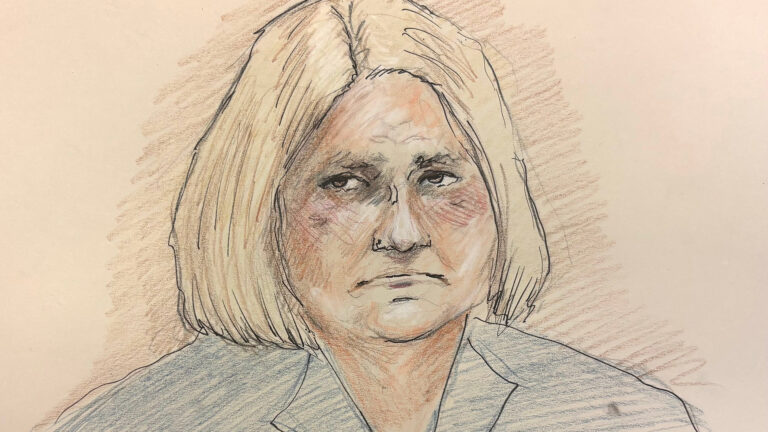
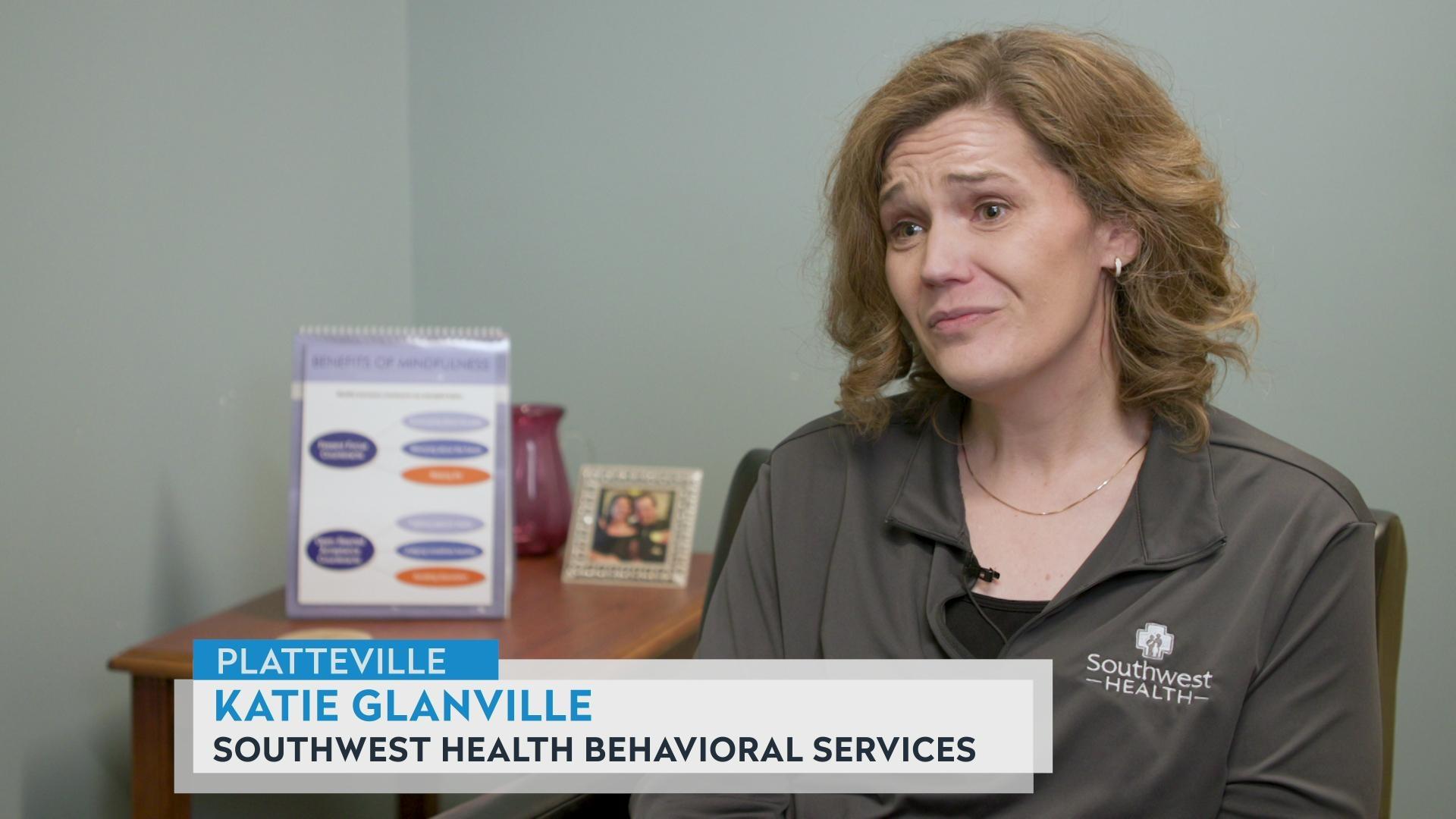






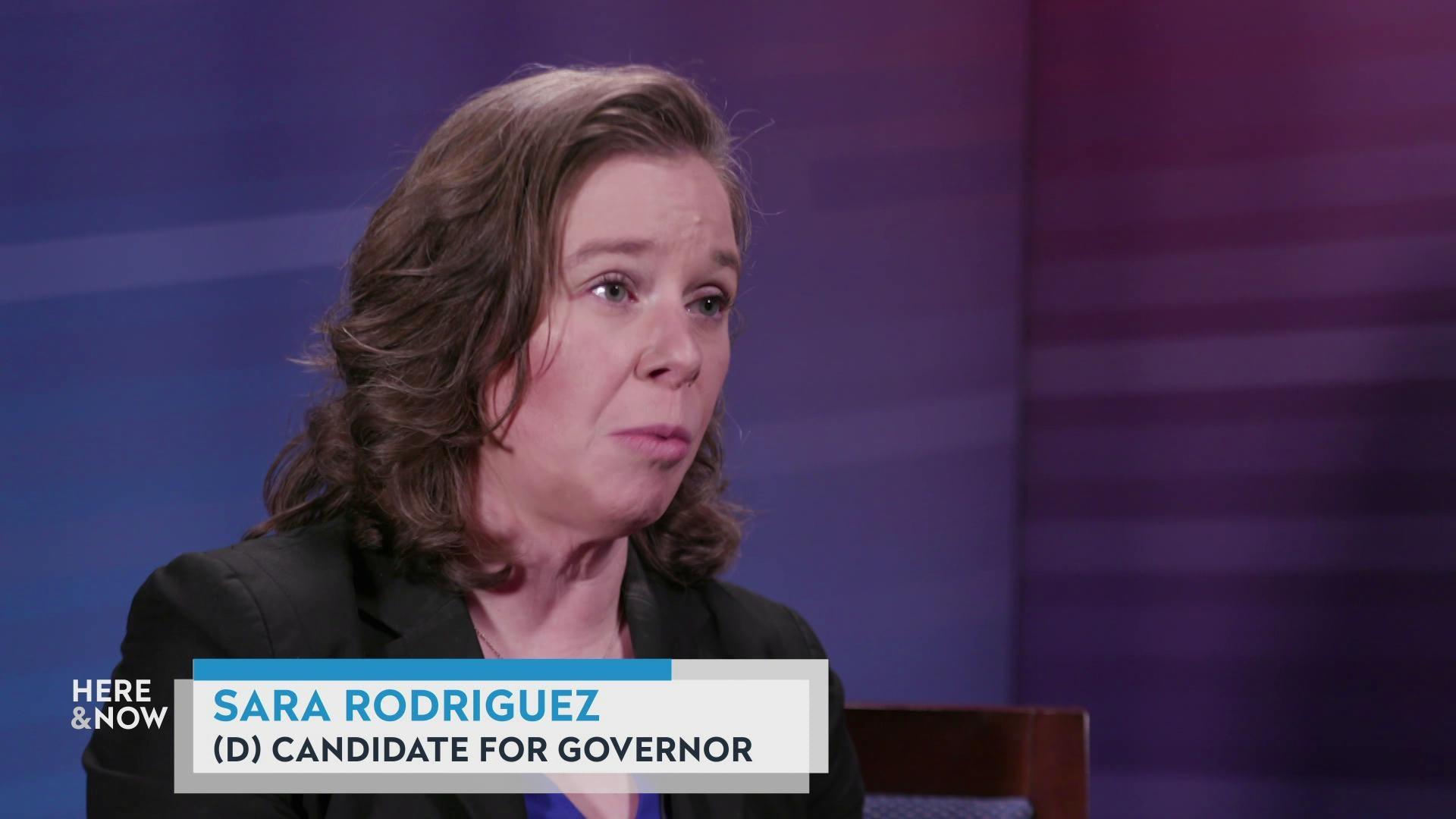
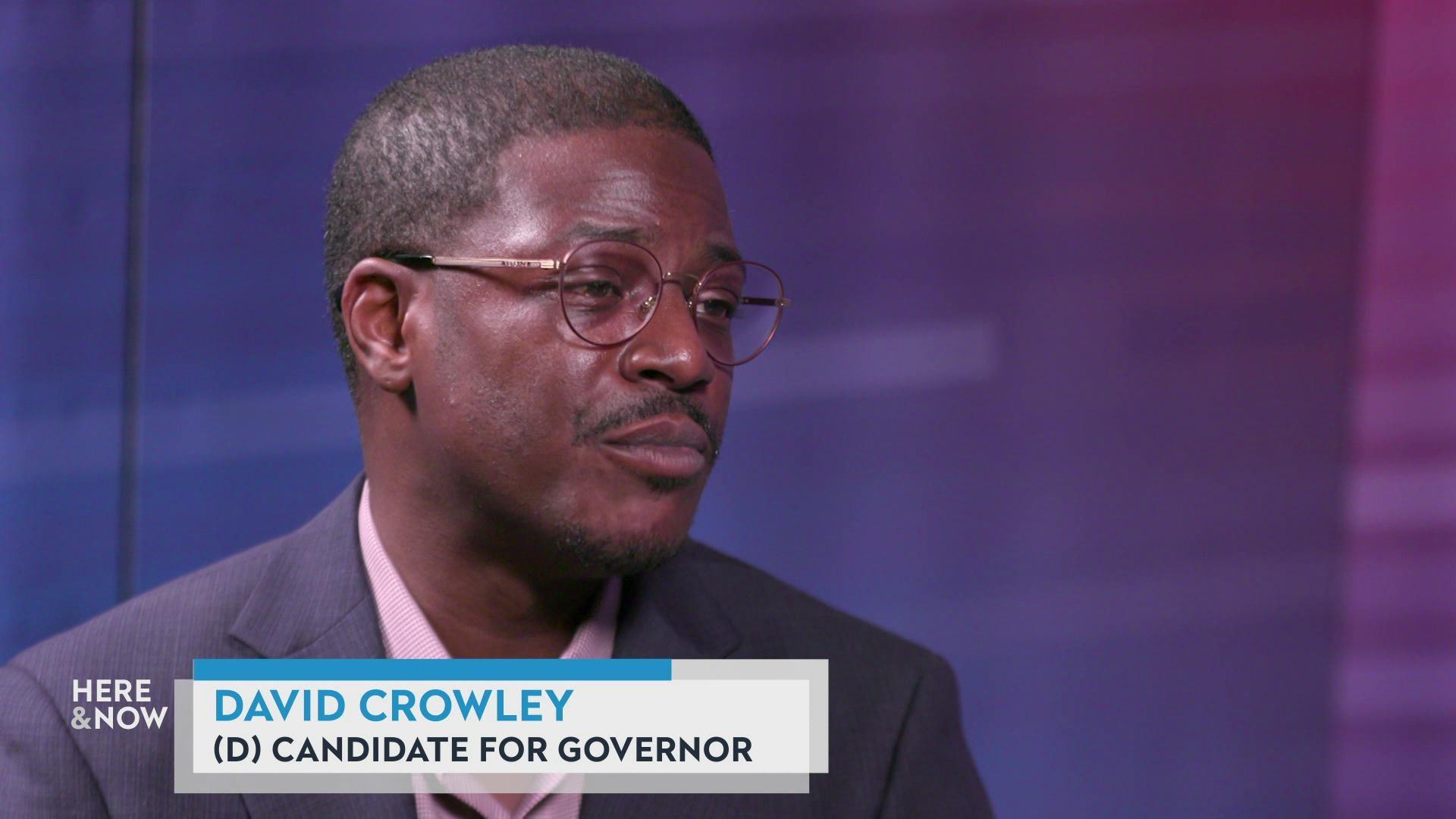
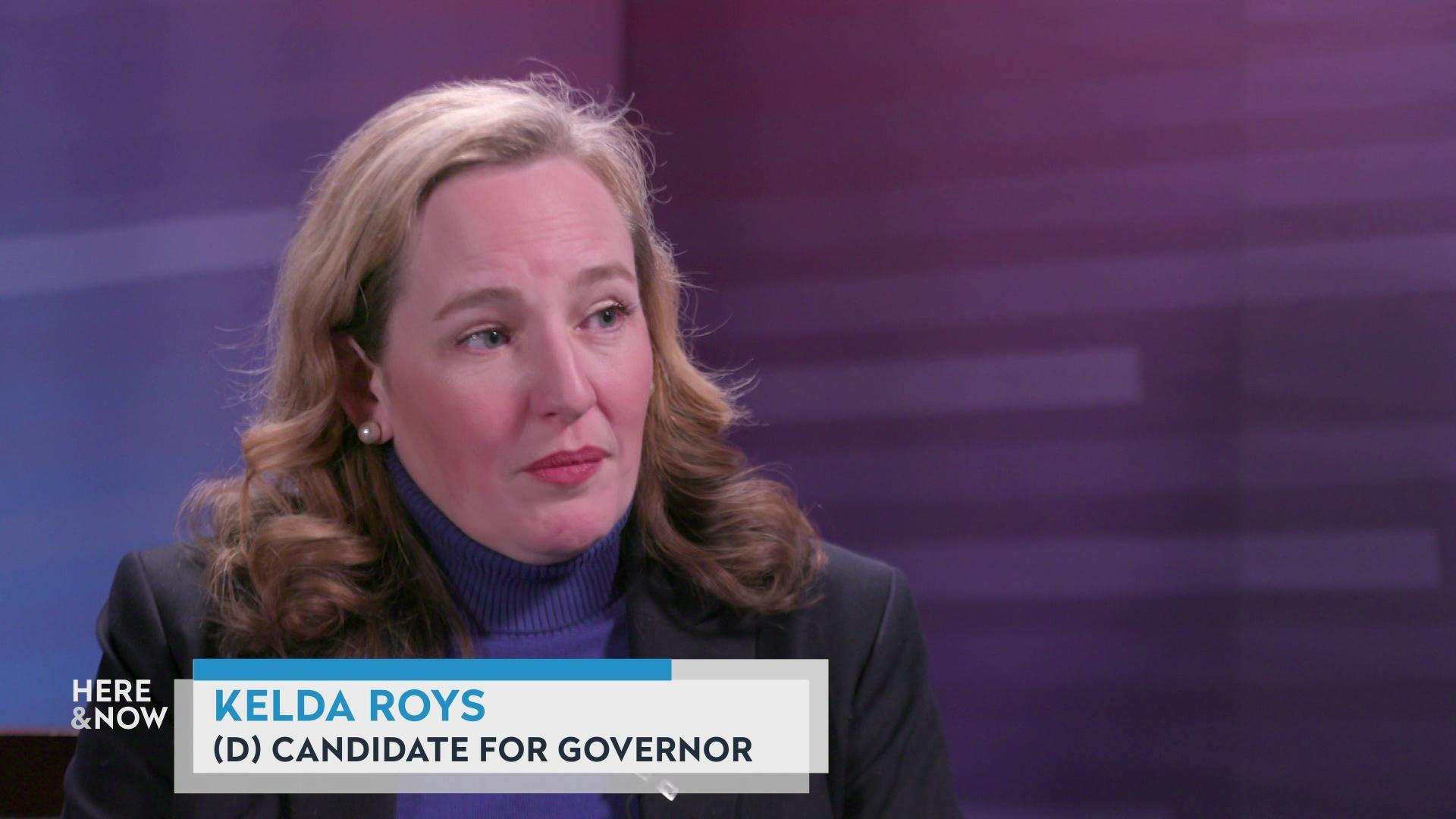


Follow Us